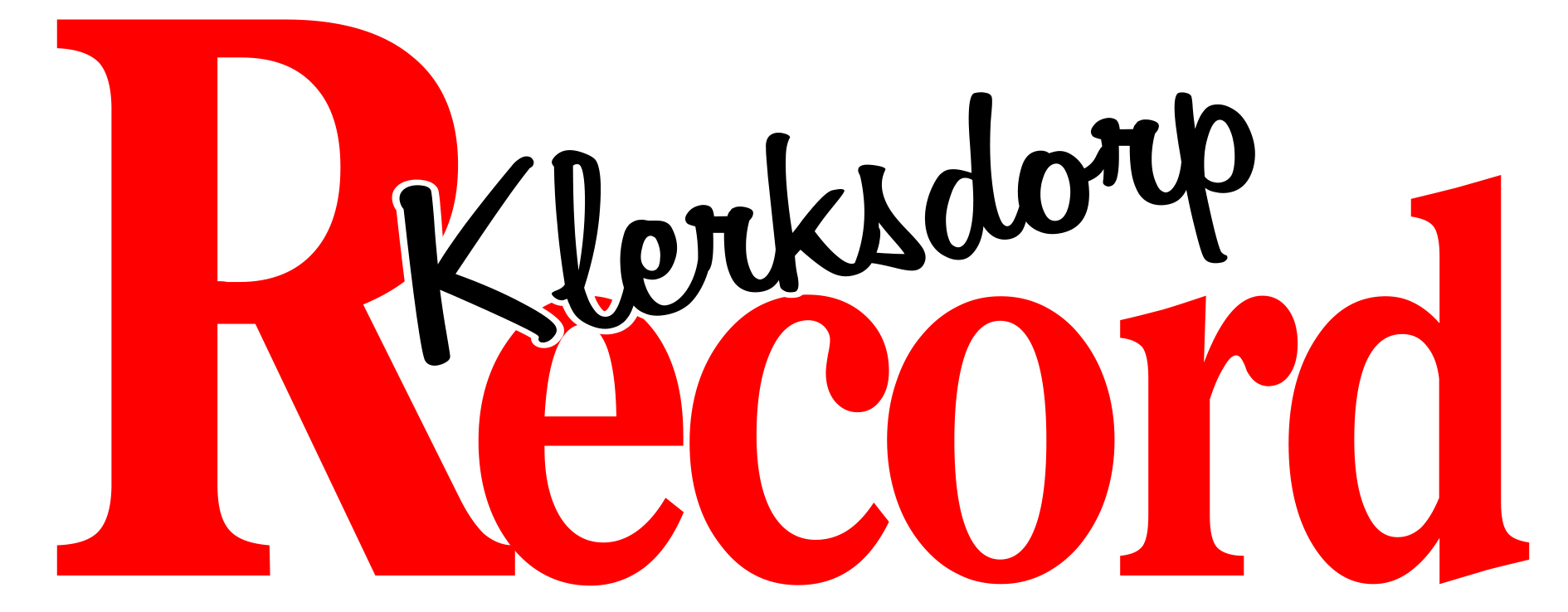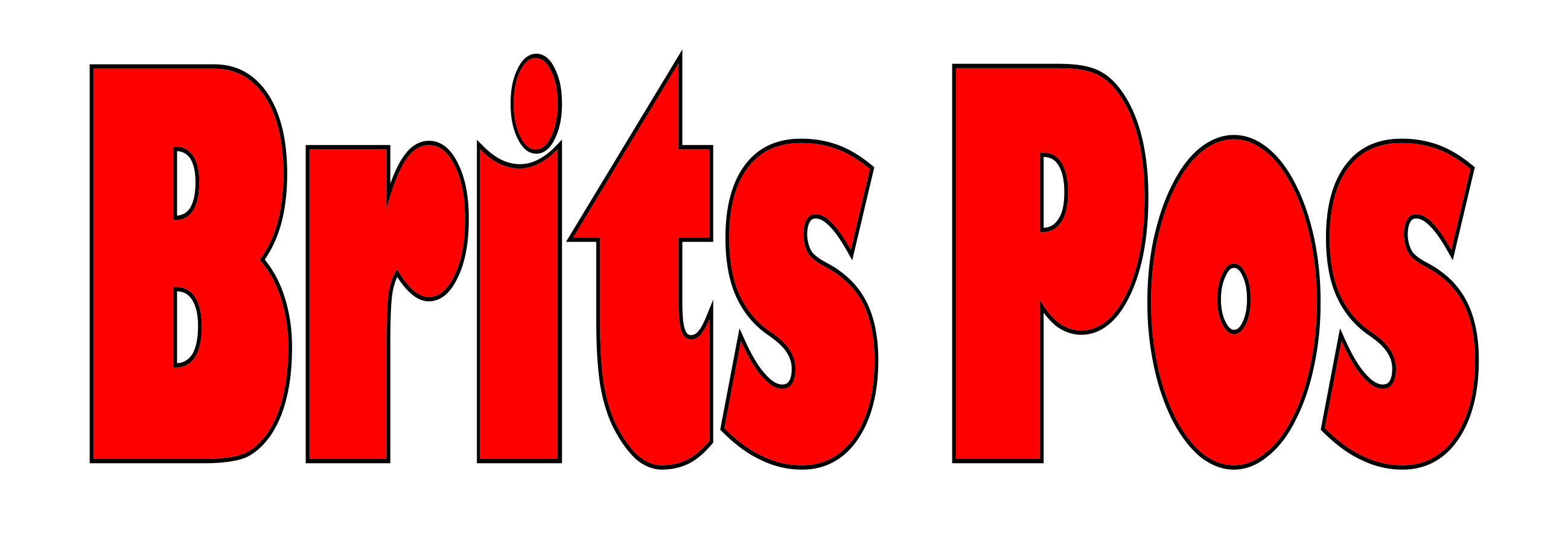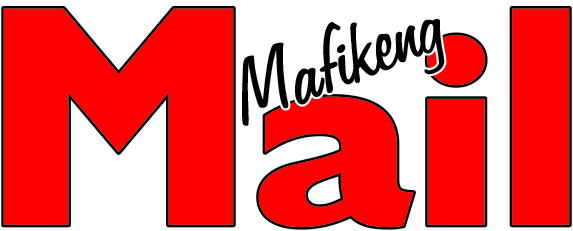Lentswe, Klerksdorp - For many, healing starts in the home, in ritual, in community, and in deep spiritual connection. As both a clinical psychologist and Igqirha, a Xhosa divine healer, Anele Siswana understands that mental well-ness in Africa cannot be fully supported without acknowledging the value of African traditional medicine and spirituality. Each year, from August 26 to 31, African Traditional Medicine Week is observed - a powerful reminder that healing in Africa has always been more than medicine in a bottle or a prescription from a pharmacy.
For centuries, African communities have turned to indigenous healing systems to address physical, emotional, and spiritual challenges. These systems include the use of medicinal plants, spiritual divination, ancestral rituals, and the strength of communal support.
For many, traditional medicine is not ‘alternative’ - it is the first and most trusted form of care.
Unfortunately, over the years, traditional healing practices have often been dismissed or viewed with scepticism in mainstream medical settings.
Many patients quietly seek help from both health facilities and spiritual healers, such as amagqirha, izangoma, prophets, and abantu bomoya, those commonly referred to as traditional healers, for support because both hold value in different ways.
In South Africa’s current mental health landscape, one of the greatest opportunities is to integrate African wisdom with modern clinical approaches.
This integration does not mean replacing one with the other - it means recognising how they can complement each other to heal more fully.
Siswana uses scientifically grounded methods like talk therapy, trauma counselling, and diagnostic assessments.
As an igqirha, she also understand the deep importance of ancestral callings, spiritual unrest, and cultural rituals in shaping a person’s wellbeing. These are not just ‘beliefs’, they are the lens through which many understand their suffering, their healing, and their sense of self.
In one example, a young man was struggling with recurring dreams, panic attacks, and unexplained physical pain. In the clinical setting, this could be diagnosed as anxiety or even psychosomatic distress.
But through an African perspective, his dreams held spiritual meaning or signalled a deeper calling. Rather than choosing one path over another, work together to find a healing pathway that respected both his mental health and his spiritual identity.
“What does healing look like for the average South African? For many, it is not just about getting a diagnosis; it is about feeling seen, heard, and spiritually aligned.”
This is where holistic and culturally sensitive care becomes essential. Patients shouldn’t feel that they have to choose between a hospital and their family’s healing traditions. Health professionals, particularly in mental health, need to become more open to understanding the cultural and spiri-tual dimensions of illness.










